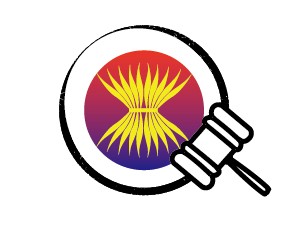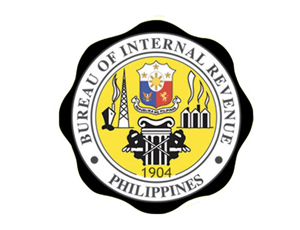ASEAN Regulatory Brief: GST and Income Tax Exemptions, FTA, Tightening Inheritance and Gift Tax Regulations
In this ASEAN Regulatory Brief, we look at some of the important regulatory changes taking place in Malaysia, Indonesia, the Philippines, and Thailand during the month of July.
ASEAN Regulatory Brief: RCEP, Import Tax, Inheritance tax, SEZs, Soft Drinks Tax, and Fuel Tax
In this ASEAN Regulatory Brief, we look at some of the important regulatory changes taking place in the ASEAN-RCEP trade negotiations, Thailand, Malaysia, and the Philippines during the month of June.
Rule of Law in ASEAN: Not All Appealing
ASEAN has shown mixed results in the 2015 Rule of Law Index, published by the World Justice Project (WJP), an initiative of the American Bar Association. The rankings are based on the results of 1,000 people surveyed in each jurisdiction, and reflect some regional variation within jurisdictions.
Indonesia to Change Luxury Goods Tax, Mulls Raising PIT-Exempt Threshold
Several items will soon be exempt from Indonesia’s luxury tax. The country is also considering raising the individual income tax-free allowance by 50%.
ASEAN Regulatory Brief: Airport Services, GST, Fuel Subsidies, and Tax Incentives
In this ASEAN Regulatory Brief, we look at some of the important regulatory changes taking place in Thailand, Malaysia, the Philippines, and Indonesia during the months of May and June.
Malaysia Delays FATCA Compliance
Malaysia’s Inland Revenue Board (IRB) has deferred the filing deadline for the country’s financial institutions to comply with the 2014 reporting year under the United States Foreign Account Tax Compliance Act (FATCA). The new deadline has been set for June 30, 2015.
Indonesia Gives Tax Breaks to Exporting Manufacturers
Indonesia has brought in tax breaks for enterprises exporting a minimum of 30 percent of their production, in line with tax breaks for multinationals re-investing profits in-country rather than sending profits and dividends to overseas shareholders.
ASEAN Regulatory Brief: Work Permits, Tax Filing, Rates and Incentives
This ASEAN Regulatory Brief guides you through new Indonesian work permit regulations, tax filing procedures in the Philippines, and new tax rates and incentives in Myanmar and Malaysia.
The Philippines Issues Income Tax Exemptions
The Philippines’ Bureau of Internal Revenue (BIR) has recently issued regulations that are intended to implement an increased individual income tax exemption cap for 13th month pay and other benefits to PHP82,000 (US$1,827), up from its previous level of PHP30,000. These new regulations will apply to workers in both the public and private sectors and are retroactively applicable from January 1, 2015. It is estimated that over half a million employees will benefit from the tax changes.
Philippines Seeks to Allay Fears about Upcoming Tax Incentives Management and Transparency Act
The Philippines’ Senate has introduced the Tax Incentives Management and Transparency Act, which attempts to create greater transparency around tax incentives. However, the new legislation has proven controversial – businesses have been fearful that they may lose their current tax breaks.














